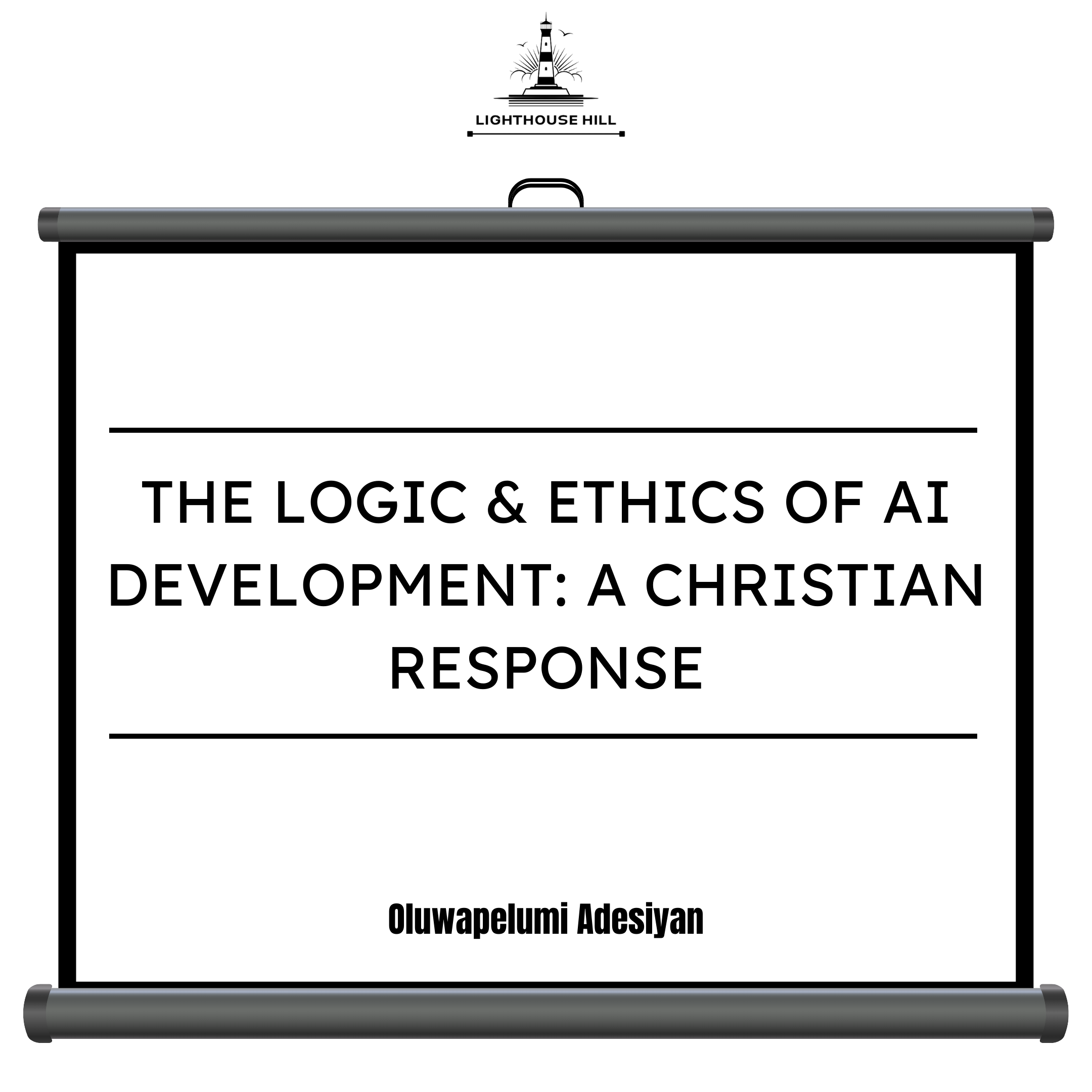
The sporadic advancement of Artificial Intelligence technology and its seismic shift in the operation of diverse sectors in today’s society from the healthcare sector to the education sector to the business sector has been transformative, transcendental and translative into a neo-order of affairs. But this is not without a culture war between ideologies in its development. Many say it is the tool to finally achieve a utopian existence built upon a Marxist vision. While others argue that AI is an existential threat to mankind.
Thus, there lies an anti-parallelism of notion between those who believe AI will transcend humanity and those who fear AI will end humanity. Among these ideologies is also the theological stand.
Theological Foundations
As a Christian, one begins to question the moral approvedness of AI, its ethical considerations and its potential for depravity of human dignity and a sense of self. Is AI moral? When we scrutinize the ethos that governs the regulation of AI’s development with biblical principles, what bioethical implications does it hold for mankind? This anthropological study, however, cannot be undertaken without a pragmatic exegesis towards the nature of AI. Take note that AI lacks ousia—the very essential nature or ‘substance’ of God, in contrast to ‘energies’ (external actions and influences) through which He is made manifest.
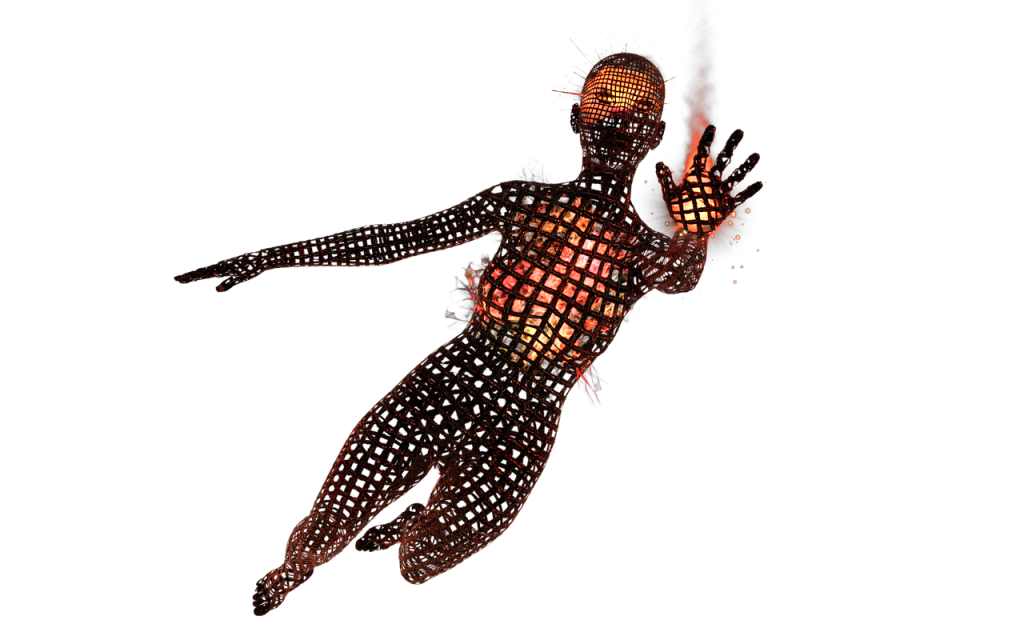
by Noupload via pixabay
When we conceptualize AI as a social self through personism, by what moral dimension can we predict the moral consequences of its actions? Soulless, and lacking a sentiment of thought, the logic of AI is not governed by ethical hermeneutics. This is because AI reckons itself as an autonomous being. We must ask ourselves, how far can this conceptualization of AI go? AI has no religion. Thus, at what point does this invention begin to desecrate the sanctity of the intelligence God has given us?
Did God make guns, and atomic bombs, and invented newer methods of depravity? No! Man did. Indeed, the Bible does not directly address the topic of AI but Scriptures have given us timeless truths, realities and revelations in guiding our theological inclinations towards AI.
We can learn from the biblical account of Babel that Man’s inventive spirit, which God had imbued, often made him supercilious. Genesis 11: 4 – “And they said, Go to, let us build us a city and a tower, whose top may reach unto heaven; and let us make us a name, lest we be scattered abroad upon the face of the whole earth.”
In the hubris of this role of creator, God is often rendered obsolete. Think of the Israelites and their vocation of idolatry—crafting a molten calf in the wilderness.
Also Read: AI-DRIVEN APOCALYPSE: A PHILOSOPHICAL EXPLORATION
AI as Religion
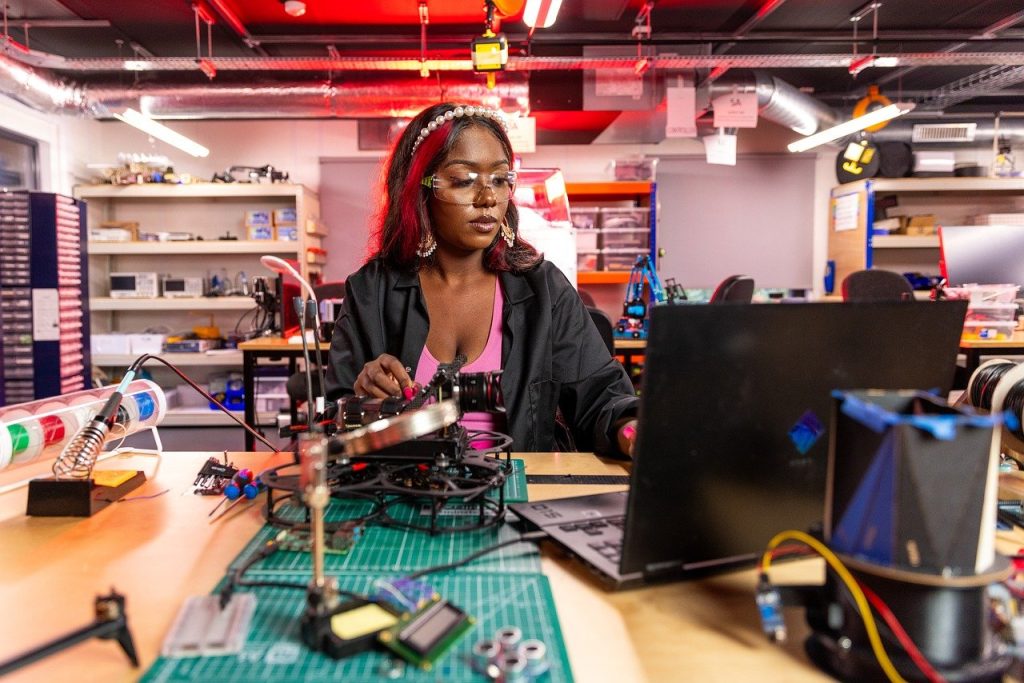
by This_is_Engineering via pixabay
With AI’s pervasive and manipulative power into not just computational systems but also the sentient intelligence and thought system of Man, I fear it’s a matter of decades before we are transmuted into soulless machines like the Terminator franchise or the conceptualization of transhumanism (with a detrimental loss of emotional sensibilities) as seen in the futuristic dystopian movie, Uglies, released this year, a brilliant prediction of AI’s future and how it might impact us.
Another phobia of mine is Man gravitating towards utilizing AI as a method to defeat death and redefining the whole human race as in the movie, Uglies, becoming a stand-in for God. Through this, AI possesses the potential of being worshipped as God, or more invariably its creator in his apotheosis-like advancement; viewing himself as God. This I believe will be idolatrous as the scriptures have brought to our understanding that worshipping any other thing apart from the Sovereign creator, the one and only true God, is idolatrous.
“Turn ye not unto idols, nor make to yourselves molten gods: I am the LORD your God.”
Leviticus 19:4
“There shall no strange god be in thee; neither shalt thou worship any strange god.”
Psalm 81:9
Dr. Ben Goertzel, a leading computer scientist commented on this and said that it is very possible that people could use brain-computer interface technology to combine their minds into a digital “global brain.” Cadell Last then writes that the resulting form of consciousness “would represent qualities closely associated with the qualities of omniscience, omnipresence, omnipotence…” In other words, AI will help make people think they are like God, or “the God proper.”
As I have noted earlier, this, however, can only be possible owing to AI’s autonomous capacity. Therefore, we must ask ourselves, what ethics must be put in place to regulate AI’s development?
AI’s capacity for self-thought action poses crucial ethical concerns about its accountability and control. Its capability of also being employed for malicious purposes that might compromise the sacredness of the physical, emotional, social and spiritual man is another ethical concern.
Ethical Hermeneutics for AI Development
The crucial requirements I advocate for as a Christian is that the decision-making processes of AI be made:
a. More understandable,
b. Less autonomous,
c. Traceable,
d. And morally sanctioned [if that is even feasibly possible for a machine lacking a heart].
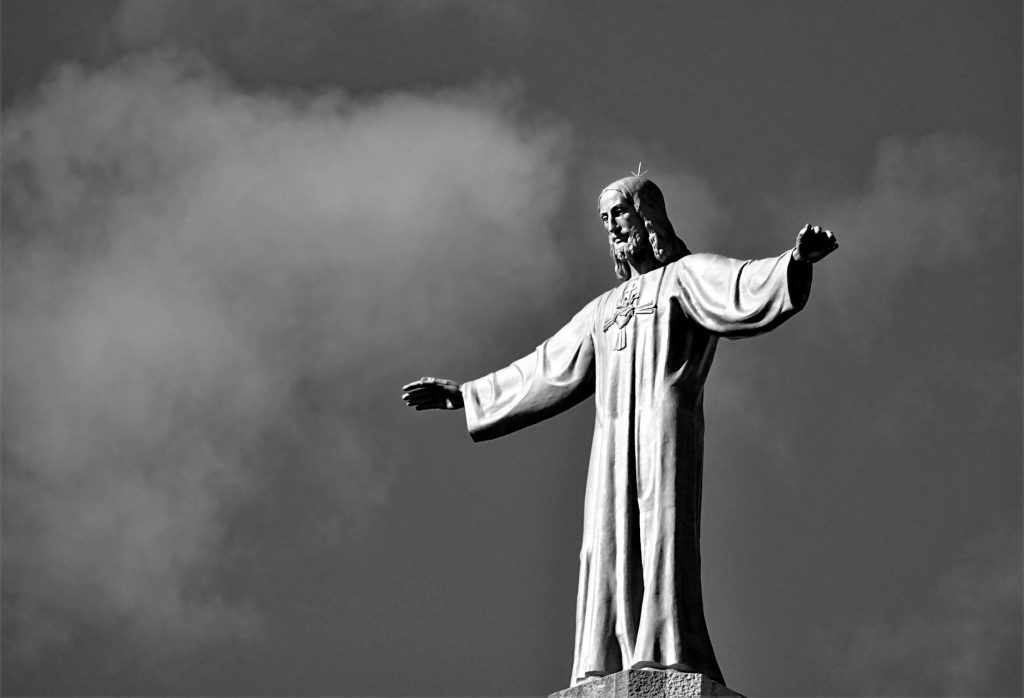
by SevenStorm JUHASZIMRUS via pexels
In view of all these, it is of utmost importance that we must never lose sight of the fundamental truth that God is our creator and we are His creations. We must never for once think technology is Man’s Messiah. AI did not die on the cross at Golgotha. Only Jesus Christ, the Lord, did. And only by Him can we achieve a sustainable and perfected humanity.
With this mindset, we can therefore see and exercise AI with wisdom as a gift from God and a representation of our God-given creative capabilities without losing sight of these theological truths. God made Man; Man made AI. Not AI made Man; Man made God.
Biblical principles are the laws that ensure the sanctity of human life. We would be wise to regulate AI too by these ethical hermeneutics. Amidst the spiritual and social implications of AI, we must always look up to God as the one perfect natural intelligence.



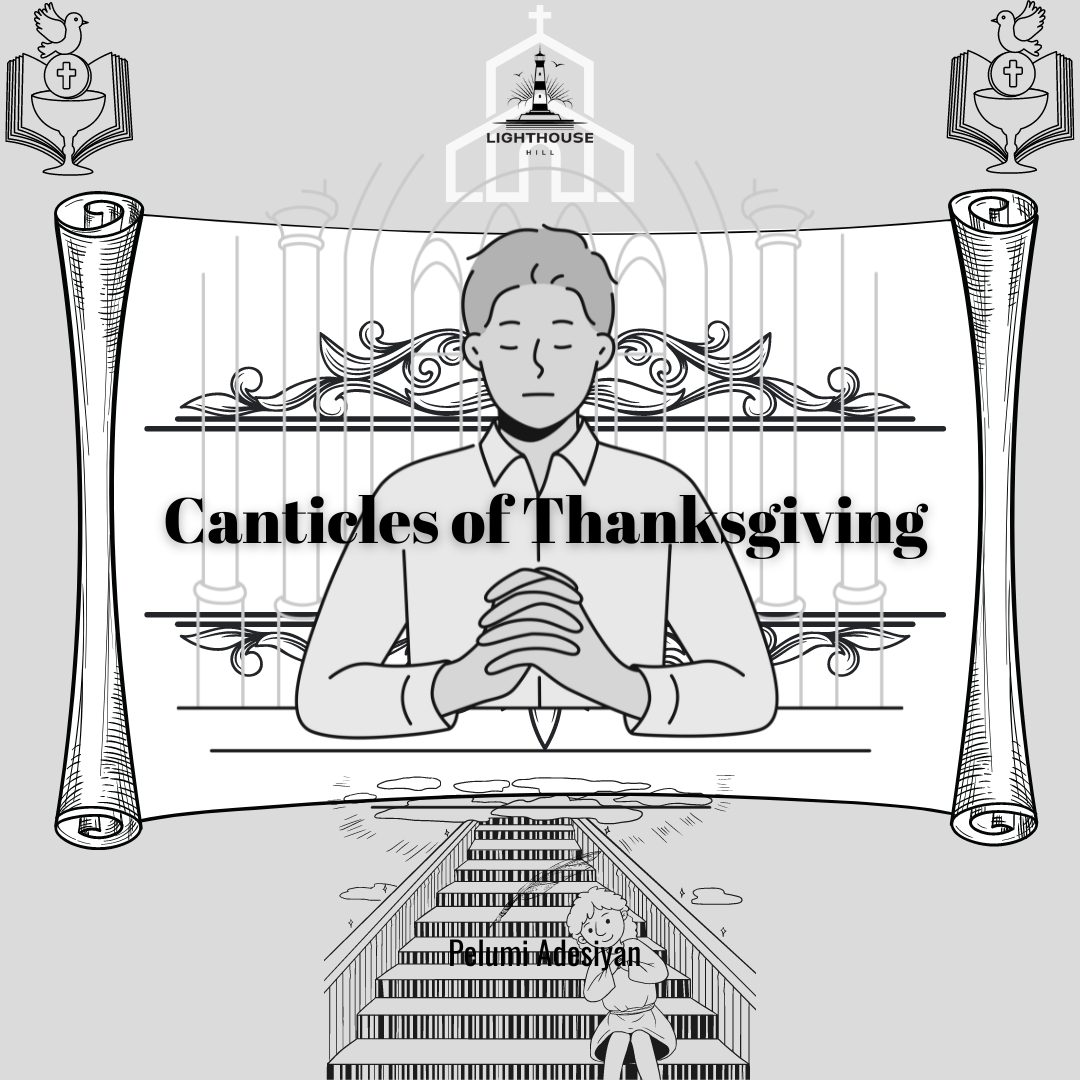
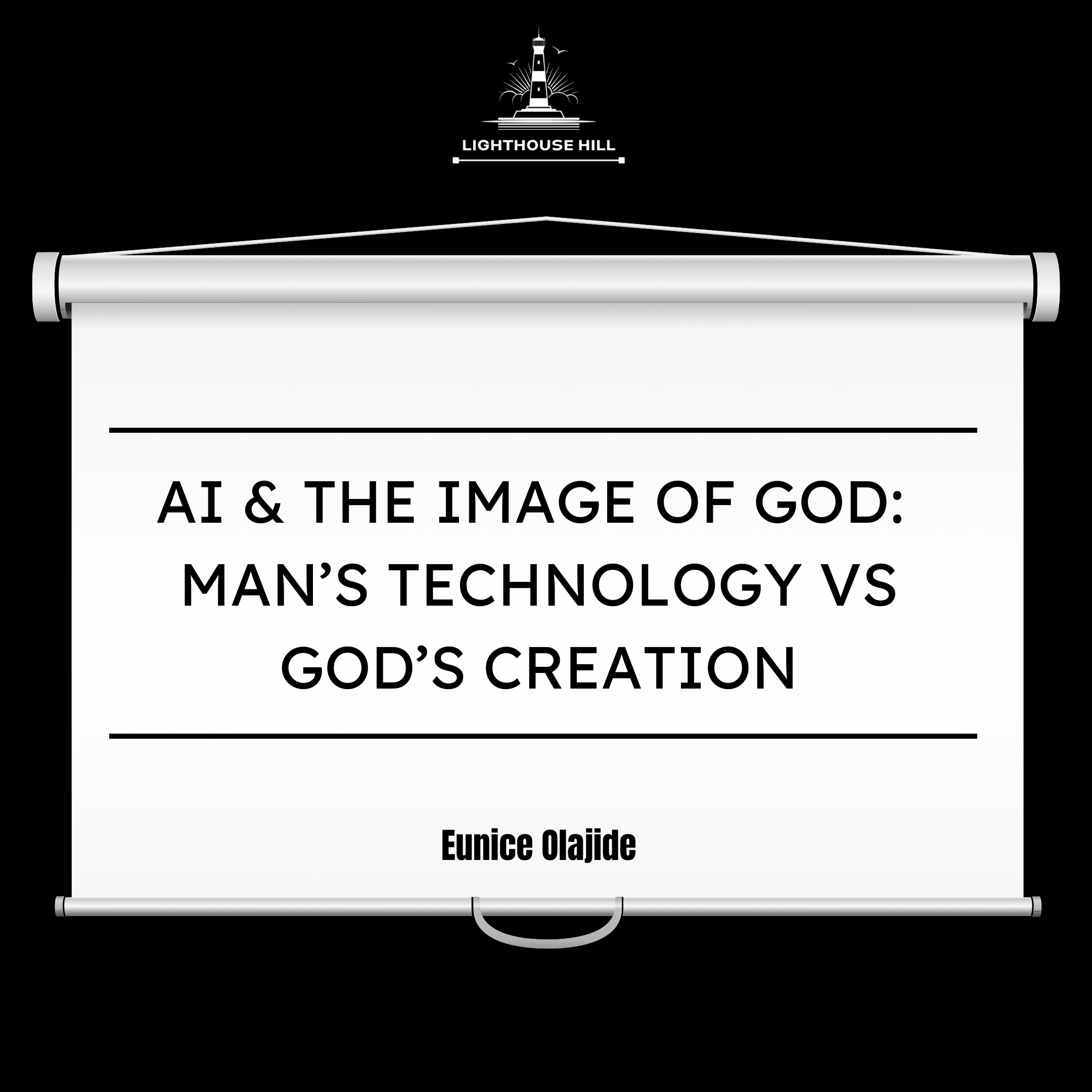

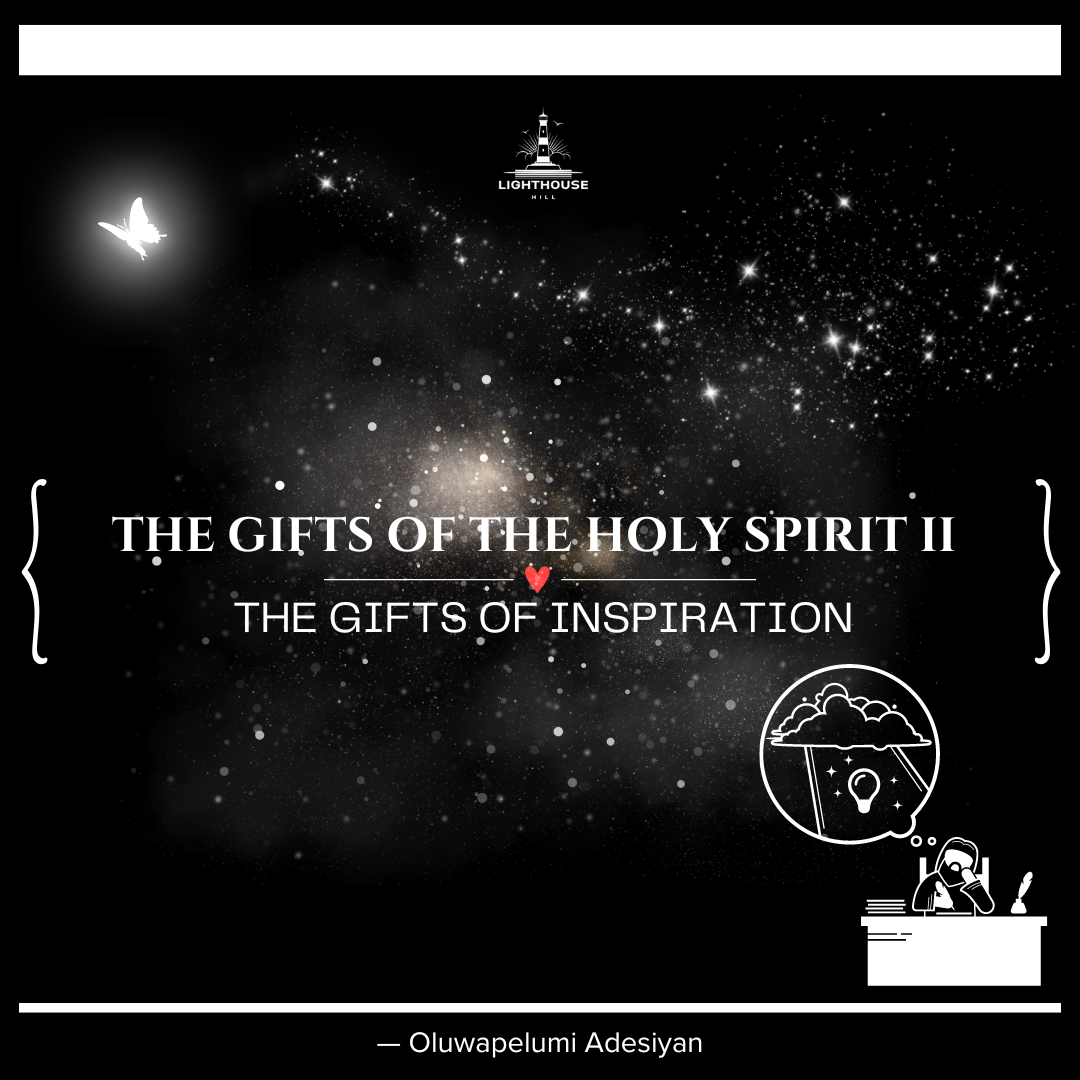
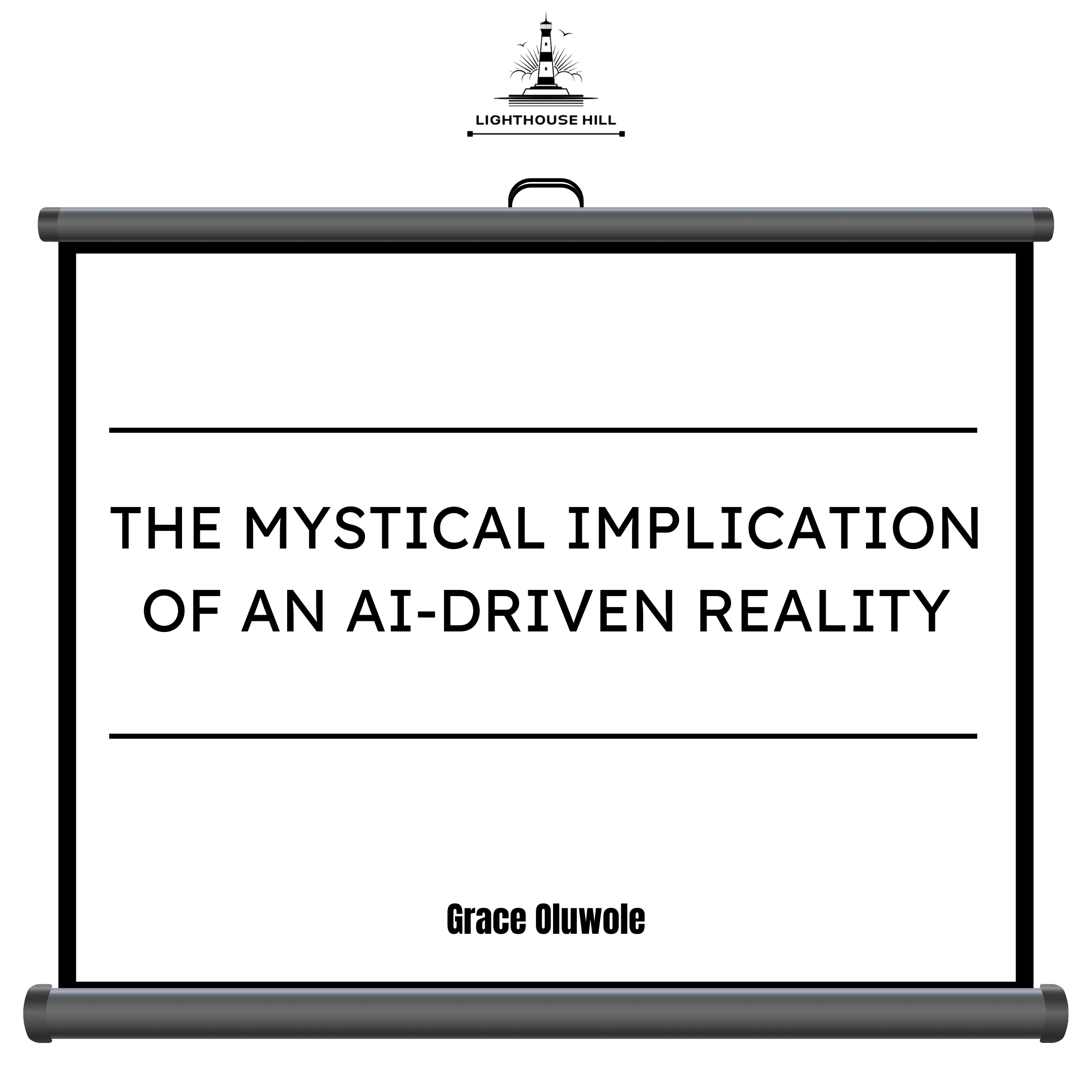




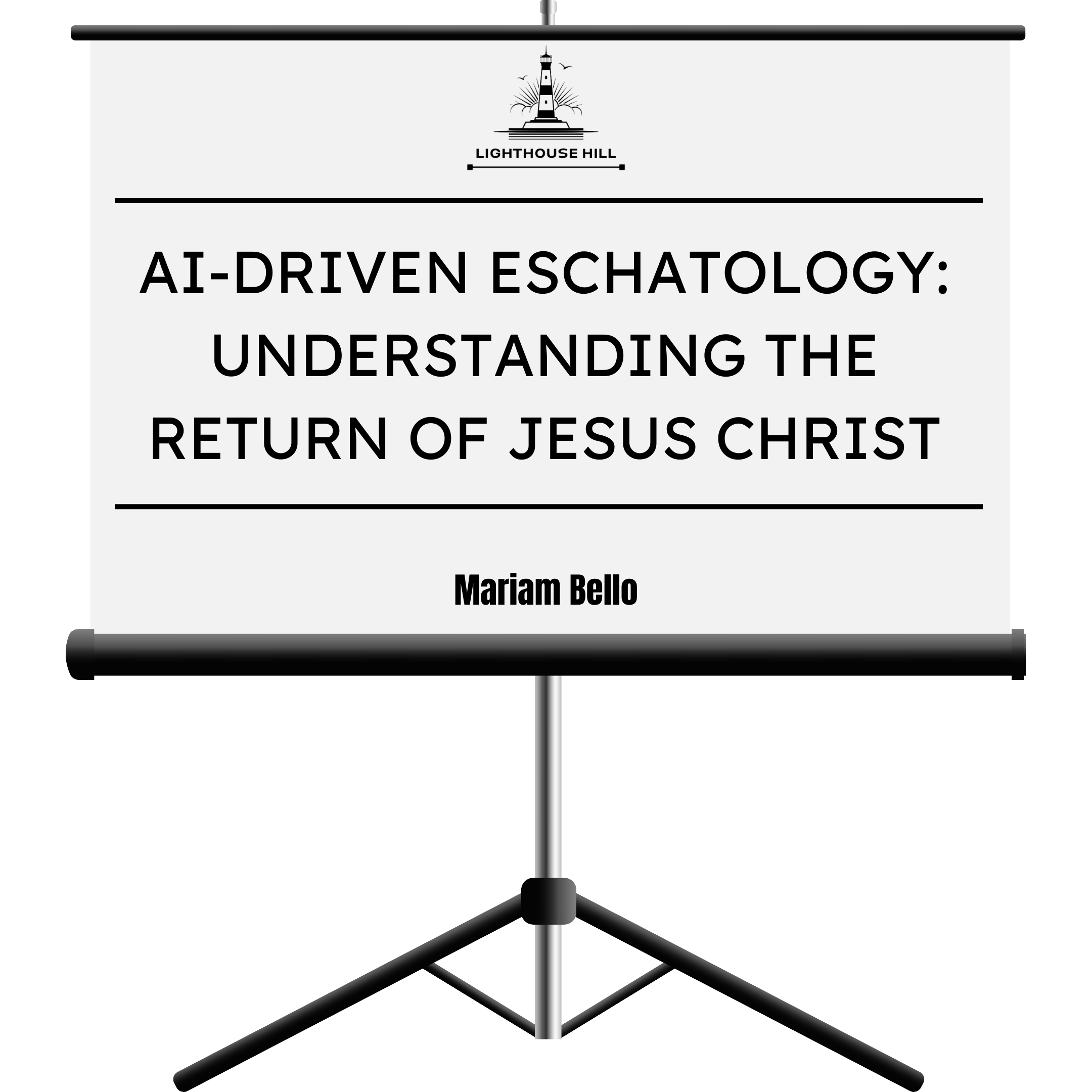
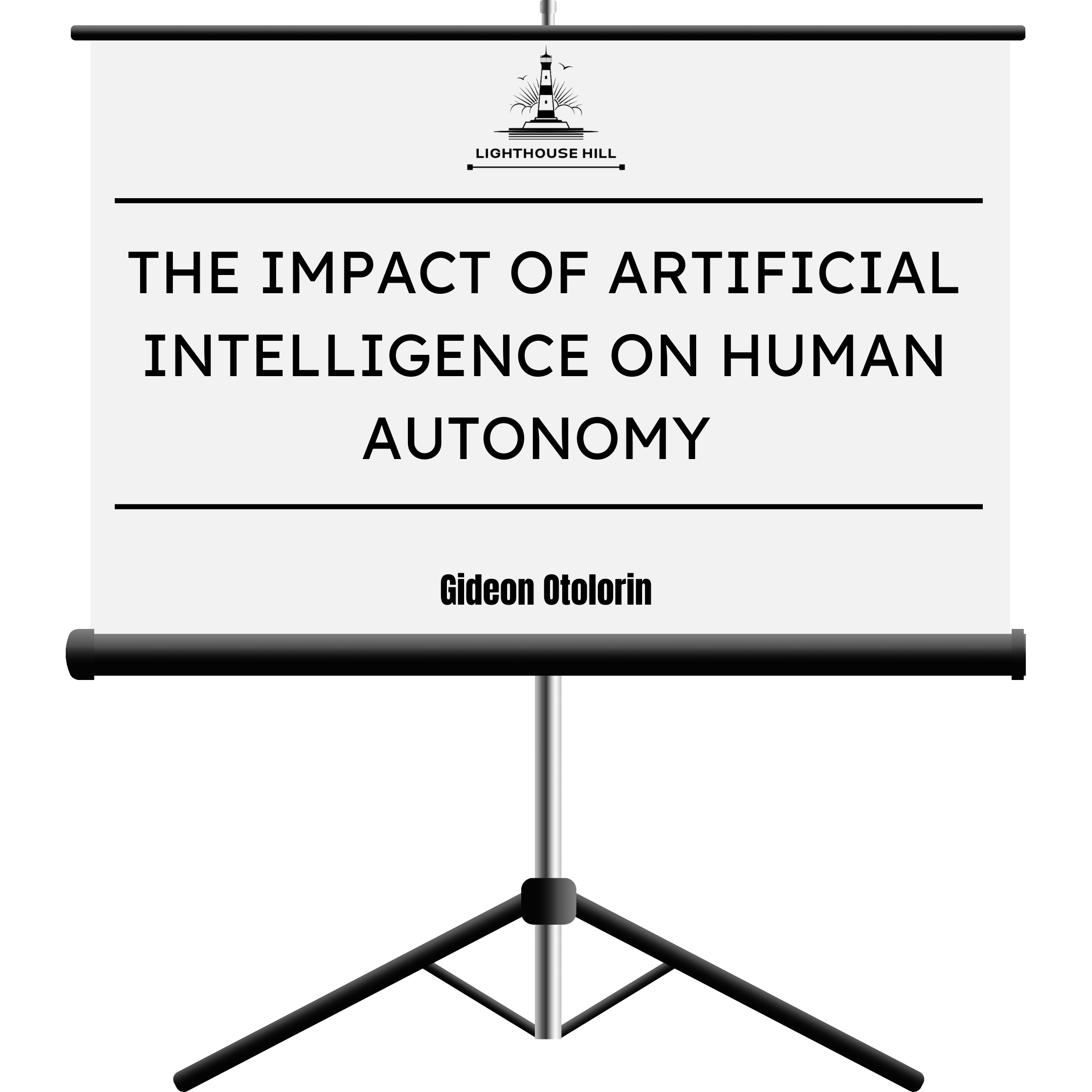
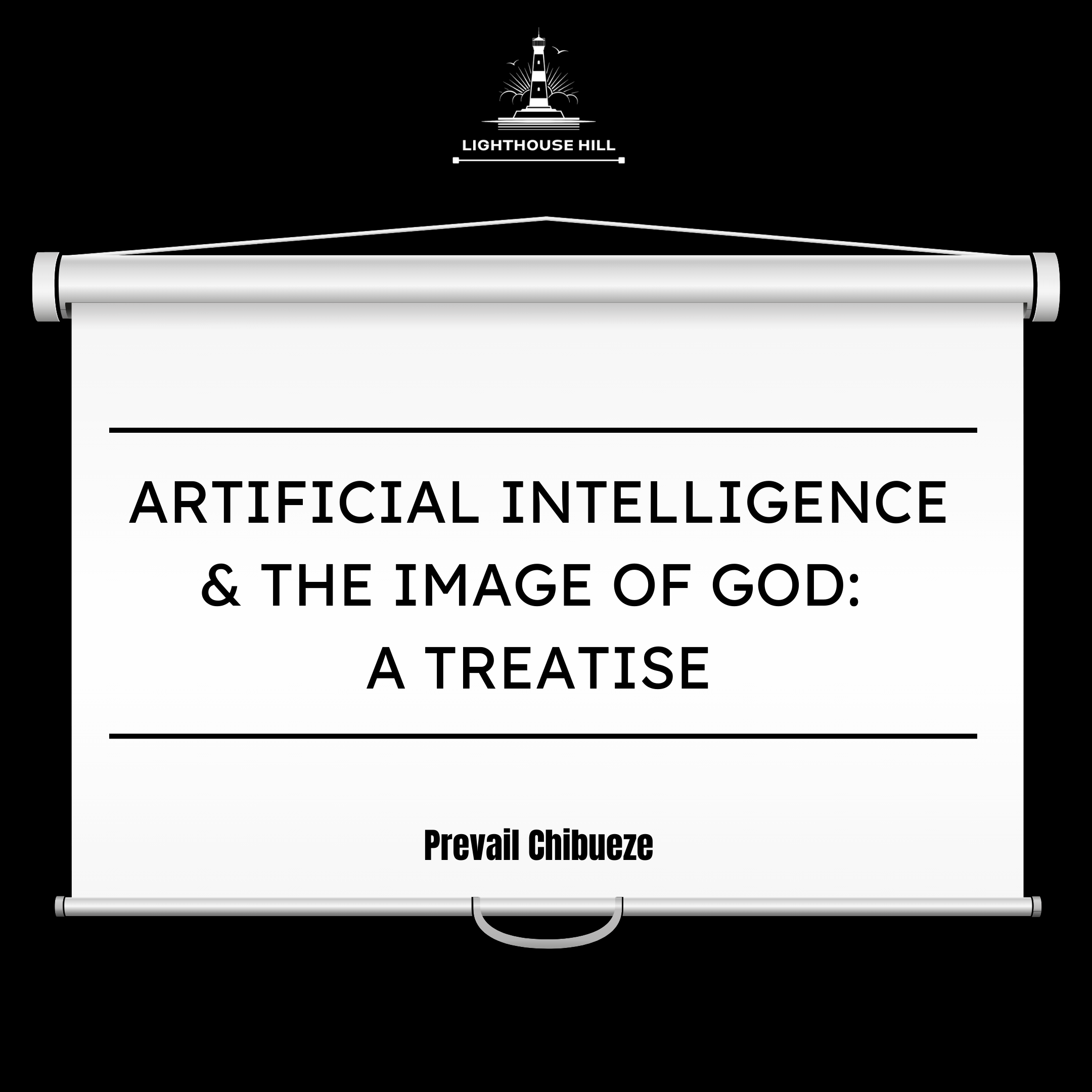

This is very demure. Believers must read this article to get a clear understanding of the modalities of AI technology in subjection to man’s will.